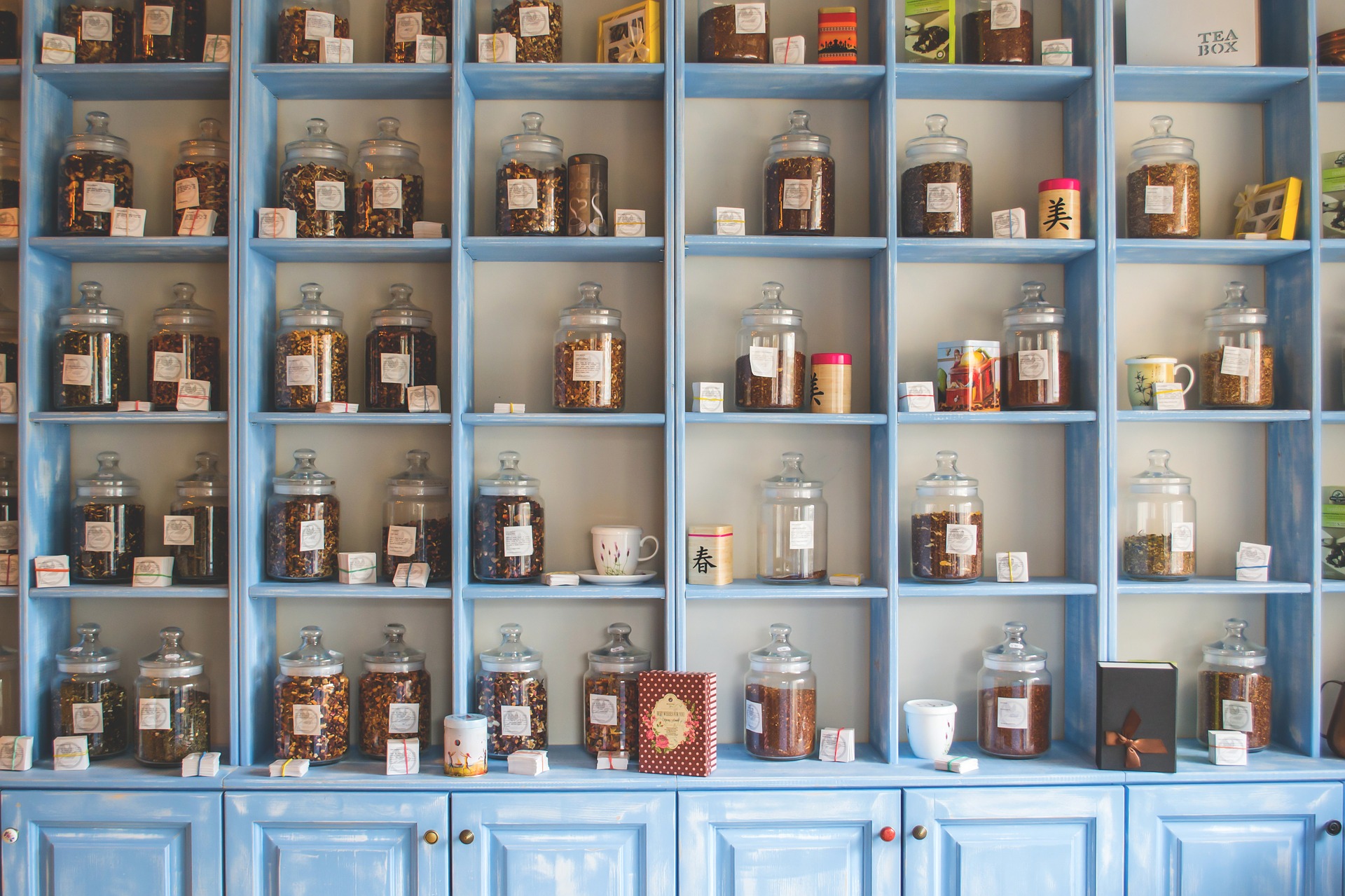Original article (in Slovenian) was published on 11/03/2022
Ten of the eleven public pharmacy institutes that responded to our inquiries saw some demand for potassium iodide, but it was not large-scale.
“Alarmed Slovenians are calling up pharmacies – if there is a war, some believe this medication is the solution!” was the headline of an article on Radio 1 website on 3 March. The article reported that a pharmacist working in a pharmacy in Slovenia told them that “it’s mayhem in their pharmacy, people have started coming to the pharmacy en masse asking for potassium iodide.”
They explained that many were concerned about what to do if the Russian President Vladimir Putin used nuclear weapons. They noted that one of the recommendations is to ingest potassium iodide. Whose recommendation that is, they did not specify.
We asked the Lekarna Ljubljana Pharmacy, the largest public pharmacy institute in Slovenia with 54 pharmacy units, how many people had asked for potassium iodide since the start of the war in Ukraine, i.e. since 24 February. They said that “several customers have been asking for potassium iodide tablets, but based on feedback from our units, the demand is not as high as claimed in the [Radio 1] article.”
After Radio 1 told Razkrinkavanje.si that the unnamed pharmacist worked in a pharmacy in Ljubljana, we called a further 14 private pharmacies in Ljubljana. Eleven of them replied that questions about potassium iodide were sporadic, but they did not have data on how many people had asked for it. Only Zupančičeva jama Pharmacy confirmed that “there has been a lot of demand,” but likewise did not have precise data on how many people had asked for potassium iodide. Two of the pharmacies did not respond.
The Lekarna Velenje Pharmacy units had received a handful of questions about potassium iodide, but made it clear that they could not describe it as large-scale demand. The Zasavske lekarne Pharmacy and the Goriška lekarna Pharmacy had both received a handful of questions.
The Lekarne Ptuj Pharmacy reported that since the start of the war in Ukraine around ten people a day had been asking about potassium iodide tablets. Bojan Madjar from the Pomurske lekarne Pharmacy revealed that four customers had asked for potassium iodide on Thursday, 3 March.
The Gorenjske lekarne Pharmacy and the Obalne lekarne Koper Pharmacy said only that they had detected a demand for potassium iodide tablets, but did not have precise data.
Potassium iodide may be harmful
Potassium iodide tablets are not available without a prescription and are used to protect the thyroid gland in the event of a nuclear or radiological accident. The Slovene Professional Association of Independent Pharmacists (SZLS) explained that taking the tablet in a timely manner, a few hours before exposure, prevents accumulation of radioactive iodine in the thyroid gland.
They stressed that the tablets help protect only against radioactive iodine, and not against other radioactive elements and radiation. They warned that people should not take this medication as a precaution, as the amount of iodine in a single dose of the tablet is a thousand times higher than the recommended daily intake of iodine, and so uncontrolled use of the tablets is harmful.
In a press release on 4 March, the Ministry of Health and the Slovenian Radiation Protection Administration reassured the public that Slovenia has sufficient stockpiles of potassium iodide tablets. They cautioned that precautionary distribution of potassium iodide tablets to people who don’t live within 10 kilometres of the Krško Nuclear Power Plant, the only nuclear power plant in Slovenia, needs to be carefully considered.
Program Director of Radio 1 Andrej Vodušek wrote in his response to Razkrinkavanje.si that the article was written after they had been approached by an employee of one of the pharmacies in Ljubljana. “Because she feared repercussions from her employer, we did not provide any specific information about the pharmacy or the name of the employee.”
In his opinion, the article accurately described the actual situation, and the responses from the public pharmacy institutes don’t reflect this, as someone who works with customers in a pharmacy on a daily basis would be better informed about any increase in demand and what the customers’ reactions were than the management.
He also emphasised that they hadn’t advised much less urged anyone to take potassium iodide tablets without medical advice.
The claim that there is a surge in demand for potassium iodide is unfounded.



